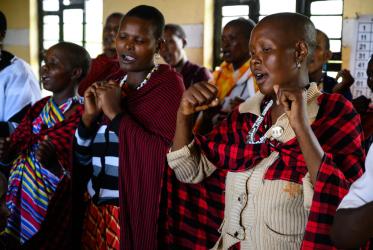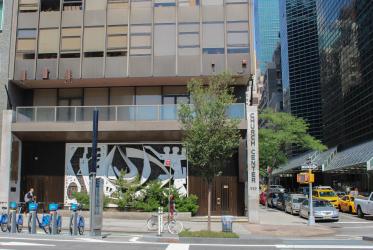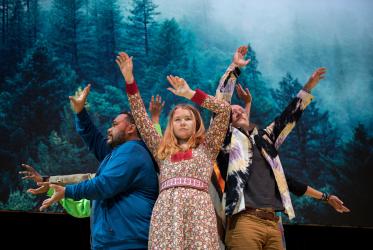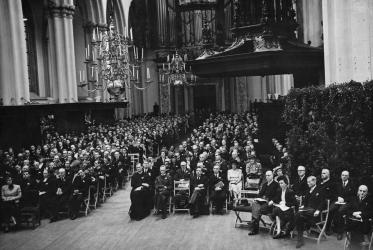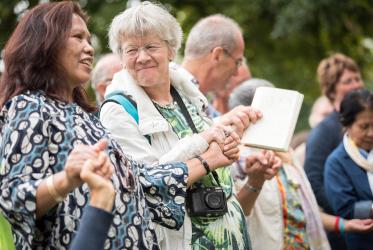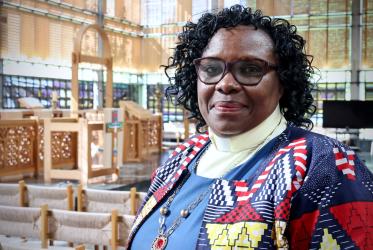Displaying 121 - 140 of 1343
In New York City, the spirit of Thursdays in Black is thriving
06 October 2022
Uppsala 1968: The times, they were a’changing
06 September 2022
Indigenous women struggle for identity in Asia and beyond
05 September 2022
Women with disabilities want to belong in churches
31 August 2022
